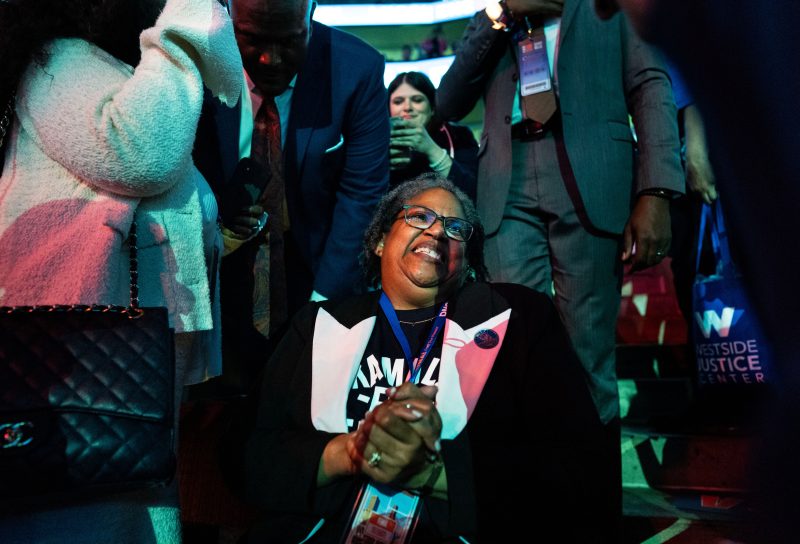In Kamala Harris, Black Women Leaders See Historic Strides and Work Ahead
The election of Kamala Harris as Vice President of the United States marks a significant milestone for Black women leaders across the country. Harris made history as the first woman, first Black woman, and first person of South Asian descent to hold the office of Vice President. This achievement has been celebrated as a symbol of progress and possibility for Black women in leadership roles.
However, while Harris’s ascent to the vice presidency is a historic milestone, Black women leaders recognize that there is still much work to be done in the fight for gender and racial equality. For many Black women, Harris’s election is not the end goal but rather a stepping stone towards broader representation and empowerment.
One key area where Black women leaders see the need for continued progress is in politics and government. Despite Harris’s historic election, Black women are still underrepresented in political offices at all levels of government. According to the Center for American Women and Politics, Black women make up only around 8% of the U.S. population but hold just 4% of congressional seats and 2% of statewide executive office positions.
Black women leaders are determined to change this reality by working to increase the representation of Black women in political office. They are actively supporting and mentoring Black women candidates, advocating for policies that address systemic barriers to political participation, and mobilizing voters to support Black women candidates.
Beyond politics, Black women leaders are also focused on advancing social and economic justice for all marginalized communities. They are leading efforts to address racial disparities in areas such as healthcare, education, criminal justice, and economic opportunity. By advocating for policies that promote equity and justice, Black women leaders are working to create a more inclusive and equitable society for all.
In the corporate world, Black women leaders are pushing for greater diversity and inclusion in leadership positions. They are advocating for policies that promote equity in hiring, pay, and promotion practices, and are working to create inclusive workplace cultures that value and support the contributions of Black women and other underrepresented groups.
Overall, the election of Kamala Harris as Vice President has inspired and energized Black women leaders across the country. While celebrating this historic achievement, they are also mindful of the work that lies ahead in the fight for equality and justice. By continuing to lead and advocate for change, Black women leaders are shaping a more inclusive and equitable future for all.
